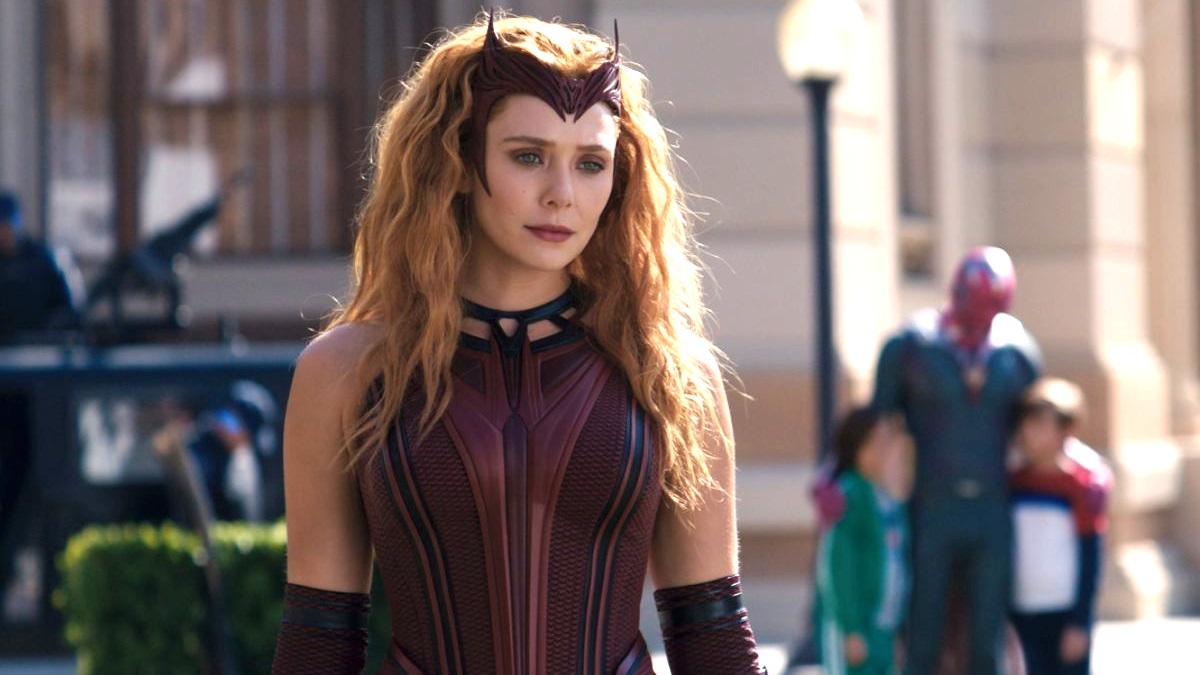The Marvel Cinematic Universe’s expansion into episodic storytelling got off to a spectacular start with WandaVision, which wound up winning rave reviews, landing 23 Emmy nominations, and turning Elizabeth Olsen’s Scarlet Witch from a bit-part player into one of the franchise’s most popular and important figures.
The reality-warping series was often a hard-hitting reflection and rumination on life, death, loss, and grief, but some fans have been left angered after Doctor Strange in the Multiverse of Madness undid some of that emotional heavy lifting by turning the Scarlet Witch into a vengeful, murderous monster.
Speaking to The Playlist, screenwriter Michael Waldron understands why some folks had been left frustrated, but he offered his own explanation as to how he reinterpreted Wanda’s journey.
“I guess I would say to the WandaVision fans, like, I get it. Watching a character you love do bad things sucks. That elicits a strong feeling, which is what we’re trying to do in the movies. We never would have done it if it didn’t feel like the next step in her character journey. To me, my interpretation of the story of WandaVision was, that Wanda is confronting her grief in that show, but I don’t think she’s necessarily conquering it.
It’s a show about her living in denial to some extent and she’s conquering her denial, but I don’t think that she’s properly reckoning with her anger over what she’s endured, and that anger is what she carries with her as she walks away with the knowledge that she is the Scarlet Witch and with the Darkhold, this evil book. And I think it’s that anger that the Darkhold preys upon and pushes her on what is — to me and I think to Wanda — a very justifiable, noble journey. She just wants her kids.”
That doesn’t mean Wanda’s arc was a disappointment by any means, but it’s easy to see why some of those who invested so heavily in WandaVision found her arc to be lacking in the Doctor Strange sequel.






